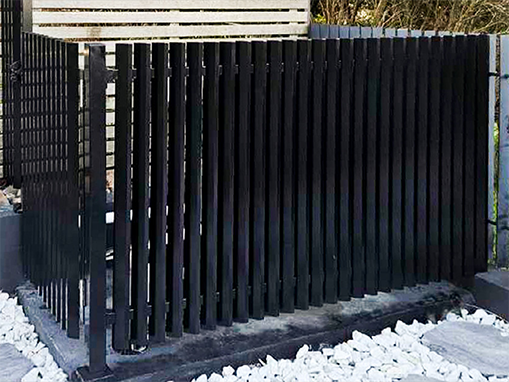Stop stressful pop music ‘noise’ being pumped into hospitals, campaigners demand
Campaigners have claimed music is bad for your health and demanded proposals for the NHS to play more pop be rejected.
The crusaders for quiet have written to Health Secretary Matt Hancock insisting no more “noise” is pumped into public areas in UK hospitals.
Peers and doctors had previously urged the Department of Health and Social Care (DHSC) to pay for blanket licencing to allow NHS trusts to play pop hits in wards and waiting rooms in a bid to boost the morale of staff and patients.
But Pipedown campaigners have urged Mr Hancock to dismiss the proposals and preserve silence in hospitals, claiming unwanted noise undermines personal freedom and raises levels of stress.
Concerns have also been raised about the welfare of old people with hearing issues who may be opposed to oppressive acoustic wallpaper.
In a letter to the minister the Pipedown Campaign for Freedom from Piped Music states: “Music when unwanted – especially when it cannot be stopped or escaped – too often simply becomes noise.
“And all noise damages human health, both physical and mental. It raises blood pressure, depresses the immune system and increases the production of hormones such as cortisol.
“The well-being of patients should surely take precedence over the interests of the music industry.”
The well-being of patients was at the heart of pleas for the Government to foot the bill for music licences, allowing NHS trusts and fitness gurus like Joe Wicks to play popular tracks without red tape or additional direct costs.
Campaigner, and signatory of a pro-pop petition to Government Dr Julia Jones previously told the Telegraph that not providing licences was daft”, adding “there is so much evidence to show the beneficial effects of music on the brain, and we’re denying that to healthcare professionals.
Pipedown campaigners led by Nigel Rodgers have countered the claims, arguing that unwelcome and unchosen music is nothing more than noise that serves to irritate and ultimately stress those forced to listen to it
Mr Rodgers is pushing for sympathetic MPs to draft an early day motion on the problem of piping music into public spaces, and has warned Mr Hancock of the potential pitfalls of background sound.
The author and campaigner told the Telegraph that: “Patients in hospitals generally need quiet to recuperate almost as much as they need hospitals free of dirt and infection. “As Florence Nightingale long ago pointed out, ‘unnecessary noise is the most cruel abuse of care which can be inflicted on either the sick or the well.’”
Mr Rodgers said it could be cruel to play the latest chart hits for deeply uninterested patients who may be “immobilised in bed and unable to move away from the noise”, and suggested that older people more prone to hearing problems would be particularly affected by unwanted background music.
Supporters of music in hospitals have argued that different licensing tariffs for wards, waiting rooms and staff rooms, and individual arrangement for each NHS trust, make providing tracks a bureaucratic and expensive task.
Pipedown and UK Noise Association campaigners are asking Mr Hancock to reject plans to centralise the obtaining of playing rights with the DHSC, and not to pay for a blanket licence for pop hits.
They claim that freedom from noise is a right, and listening to music or not should be a matter of a patient’s personal choice
The letter to Mr Hancock also warns that: “Hospitals tend to be noisy places anyway, as is being increasingly recognised. There is no need to make them even noisier.”








